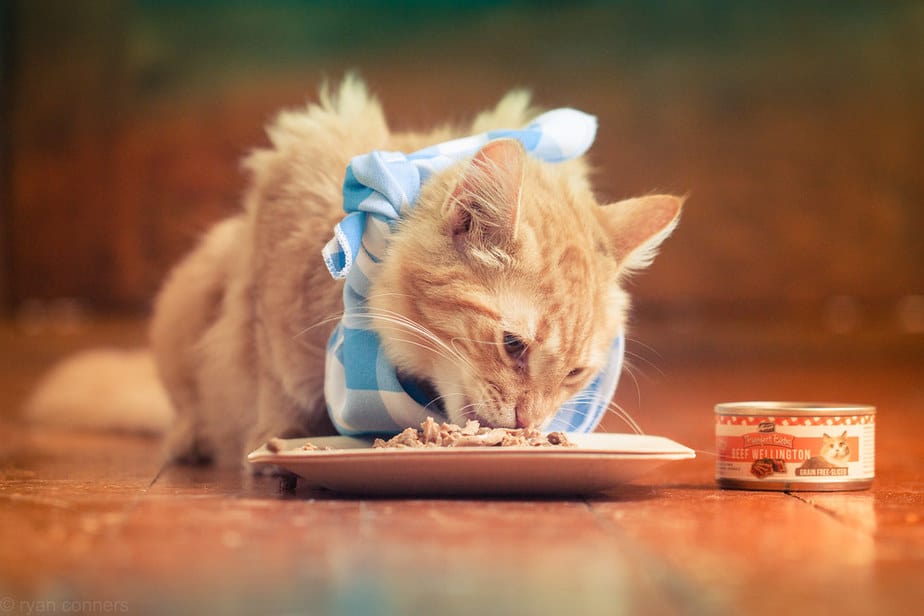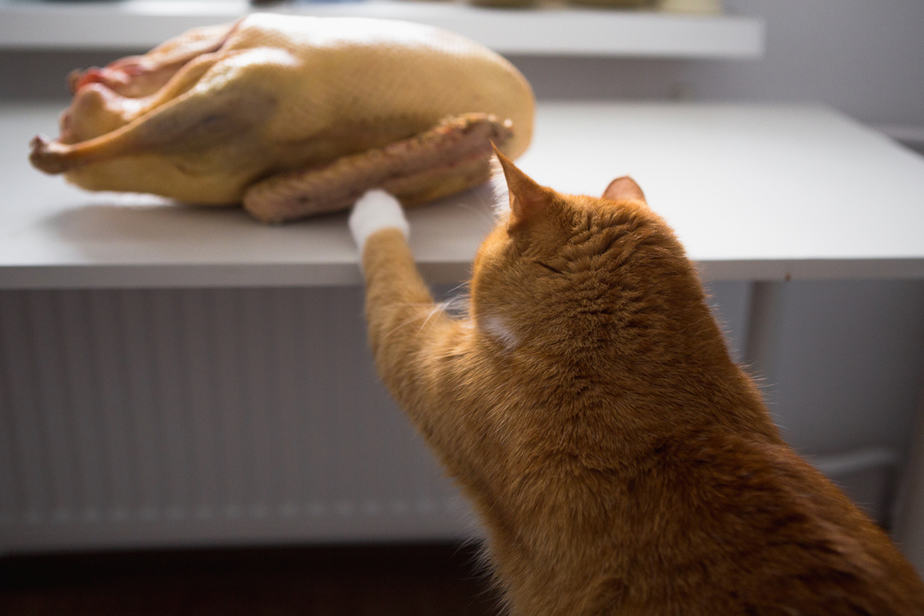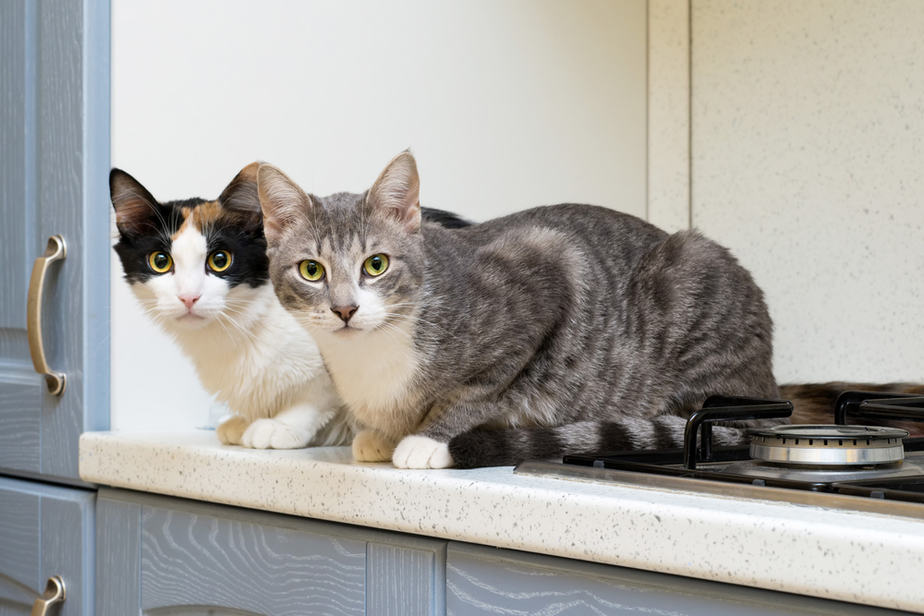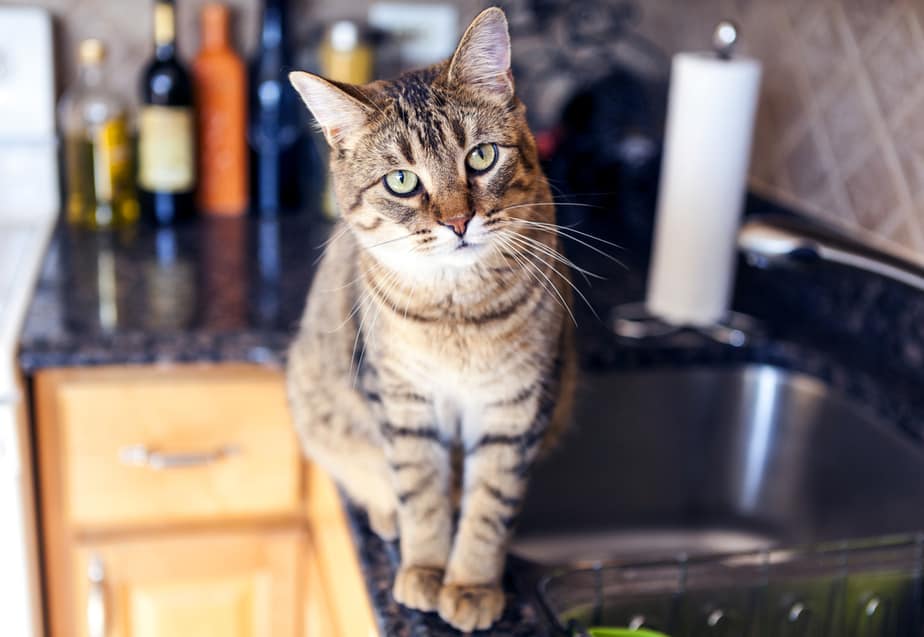📖 Table of Content:
Can cats eat duck? You’re probably wondering this because your feline has been spying on your meal the whole time you’ve been preparing it.
You notice she’s drooling a bit and you can’t help but laugh at her and feel sorry at the same time. They can beg for food even when they’ve just had a full bowl. These greedy monsters!
Now, you know that you shouldn’t be sharing human food with her, but duck couldn’t hurt, right? They’re carnivores, so aren’t they designed to devour meat?
Poultry is one of the most common meats nowadays. It can be prepared in many ways and can be found almost everywhere. You want to spice things up with your cat’s diet, but you’re not really sure how.
Duck seems to be a good choice, but can cats eat duck? Will she like it? Is it better than chicken and other poultry? So many questions you’ve got to ask yourself first!
Can cats eat duck?
I’ve got great news for you: cats can definitely eat duck. Now you must ask yourself what health benefits this meat brings her.
Having a pet and maintaining a healthy and balanced diet for them is easier said than done. There are just so many things to look out for when introducing new foods.
You have to be careful about her dietary needs and cautiously incorporate new things into her diet. That way, you’ll make sure she’s getting all the needed nutrients.
How is duck meat healthy for cats?
If you’ve decided your pet should grease her whiskers with this juicy meat, you should know if it’s healthy for her. To both your and your cat’s joy, duck meat is extremely good for felines, and maybe even better than chicken.
The only concern you have with this meat is the way you prepare it. Cats and humans are built differently and that’s important to note that if you want to share some of your food with your pet.
1. Chock-full of protein!
Felines are obligate carnivores, which means they must eat meat in order to keep fit and healthy. While they can slightly benefit from certain vegetables such as beans, plant-based foods won’t be able to replace their natural diet.
Just like all meat, duck is an amazing source of protein. This nutrient is essential for your pet as it helps her grow – it’s crucial for the development of muscles, bones, and tissue.
Without protein, your furbaby is likely to fall ill quickly and lose weight rapidly. Plant-derived protein shouldn’t be a substitute for animal protein because felines aren’t built to break down plant matter. Therefore, there’s a high chance that plant-derived nutrients will mostly go to waste.
Nevertheless, not only can cats eat duck, but they should because it’s an amazing protein source.
2. Omega-3 fatty acids
Omega 3 fatty acids will benefit your cat big time. They’re essential for her growth and immune system.
These fats will provide her with a source of energy and will help to keep her coat neat and slick. Her skin will also look shinier and be more elastic.
Omega 3 can also be found in fish such as sardines and other seafood. Omega-3 fatty acids are especially important for kittens who are still developing.
3. Vitamins and minerals
Duck meat is loaded with vitamins and proteins, just as crab meat is. This is important for your felines because they need these nutrients just as we do.
Well, maybe not that much because we know that they’re superior to us. If you don’t believe me, here’s the proof:
They don’t need vitamin C from foods as we do. How is that? Well, these amazing creatures synthesize their own vitamin C in their liver, which we mortals can’t do. How about that!
However, they need other vitamins found in duck meat like vitamin B, which is crucial for various bodily functions. It helps with muscle contractions as well as nervous functions.
Duck is also abundant in minerals. Phosphorus, zinc, and selenium are just some of the minerals found in this juicy meat. These help with boosting the immune system, supporting nervous health, and maintaining balance in the body.
These minerals are also considered antioxidants, which fight free radicals and prevent various diseases. For example, selenium is a powerful antioxidant, helping to protect your furry feline against different heart diseases, reduce inflammation, and enhance your cat’s immune system.
Therefore, not only can cats eat duck, but they should really go for it.
What are the downsides?
Every good comes with the bad and vice versa. Now, you don’t have to panic, but this is just something you should take into consideration.
Can cats eat duck all the time? This question needs to be tackled. We’ve seen why this meat is so good for felines, but let’s see why you shouldn’t make this an everyday thing for her.
Duck meat is high in calories, which could become a problem if your pet can’t seem to keep her paws off of it. The daily calorie intake for an average healthy feline is around 200. So, if she exceeds this amount per day, she could begin gaining weight.
Now, we know felines are agile and fast-moving creatures, so this would only slow her down. Besides, calorie-dense foods are quick to make your furry pal obese, which negatively impacts her joints and overall health.
She could become depressed and even develop arthritis because of all the stress on her joints. Also, overweight cats have a high chance of suffering from various heart diseases, as well as strokes.
1. Can cats eat duck because of saturated fats?
Unfortunately, healthy fats aren’t the only lipids found in duck meat. Although in smaller quantities, duck also contains saturated fats.
These are called unhealthy because they raise the cholesterol level in the blood. It means that your pet has a higher chance of developing the above-mentioned heart diseases, as well as strokes.
So, make sure she doesn’t indulge in this food regularly. An addition to her diet is fair, but only if she knows her limits. I honestly doubt this because I’ve seen my predator devouring it, so make sure you portion it out for her.
Truth be told, fat is the reason your pet is so crazy about this juicy meat. It provides her with an important source of energy. However, saturated fats are unhealthy, and another ingredient that’s high in saturated fats, and often used while cooking duck, is butter.
2. Meat allergy
Just like humans, some felines are prone to developing allergies. This is unfortunate and we all know what a pain in the neck it can be.
Unfortunately, duck is no exception. Just like your cat can get an allergic reaction from chicken wings, so can she can develop a duck meat allergy.
While it’s more common in seafood, your pet could still show signs of an allergic reaction. These include respiratory problems, runny nose, coughing, sneezing, rashes, and itching.
She can either be born with it or develop it later on in life. Similarly, she can outgrow it as she ages or she can have it forever.
Can cats eat raw duck?
Even though various media shows cats eating raw meat, you shouldn’t follow their steps. Before deciding on switching to raw, you should always consult with your veterinarian.
This is because raw meat has both advantages and disadvantages to it. One of the biggest concerns when introducing raw foods into your cat’s diet is pathogens.
Various germs and diseases such as salmonella and E. coli can often be found in uncooked food. The contamination can cause gastrointestinal problems to your feline.
She can experience abdominal pain, diarrhea, vomiting, as well as constipation, and bloating. These will become troublesome if left untreated.
Therefore, it’s recommended to always cook any meat before serving it to your pet. That way, you’re ensuring that she won’t get poisoned by it because the high temperature will kill off any germs that may be present.
That said, you should be careful when cooking this dish not to use any additional spices or table condiments like salt and garlic. These are highly poisonous to felines because they can’t break these down.
Salt poisoning is known to cause vomiting, diarrhea, as well as seizures and tremors. And garlic, in any form, destroys the red blood cells in your pet’s body, leading to various types of anemia.
She will become weak and could even die very quickly if left untreated. Therefore, leave out any sauces or spices when preparing this meat for your furry friend.
To conclude
I hope your question of can cats eat duck is now out of your mind. Cat parents really do a lot of worrying over their furbabies, but that’s what we’re here for.
We’ve established that duck is an amazing source of nutrients and that this meat can greatly benefit your feline. However, you should also note that it contains some bad fats and it’s not suitable for everyday consumption. It can serve as a great addition to her diet, but be careful not to overdo it.
Also, be careful how you prepare this dish for your cat because it has some limits. This means no salt or any other spices like onions and garlic, as these are highly toxic to felines.





